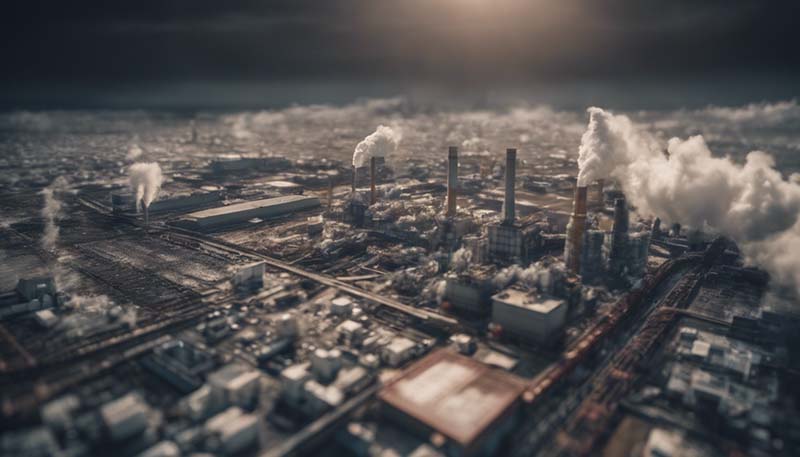The Fukushima Disaster: Nuclear Power and Its Risks
Introduction
The Fukushima Daiichi nuclear disaster, which occurred on March 11, 2011, is one of the most significant nuclear accidents in history, second only to the Chernobyl disaster. Triggered by a massive earthquake and subsequent tsunami, the event led to equipment failures, reactor meltdowns, and widespread release of radioactive materials. This article explores the causes, consequences, and the broader implications of the Fukushima disaster on the use of nuclear power and its associated risks.
Causes of the Fukushima Disaster
The Fukushima disaster was a result of a combination of natural and man-made factors. The earthquake, one of the strongest ever recorded in Japan, caused the automatic shutdown of the reactors. However, the tsunami that followed was larger than the plant's design basis, leading to the failure of the backup power systems. This loss of power resulted in the inability to cool the reactors, eventually leading to their meltdown.
Advertisement
Earthquake and Tsunami
The 9.0-magnitude earthquake that struck off the coast of Japan on March 11, 2011, was followed by a tsunami with waves reaching up to 40 meters high. The tsunami caused significant damage to the coastal areas and the Fukushima Daiichi Nuclear Power Plant.
Design Flaws and Regulatory Failures
The plant's design was not adequate to handle the scale of the tsunami. Additionally, there were regulatory and operational failures that contributed to the severity of the disaster. The plant's operators, Tokyo Electric Power Company (TEPCO), were criticized for their lack of preparedness and response to the crisis.
Consequences of the Fukushima Disaster
The Fukushima disaster had far-reaching consequences, affecting not only the environment but also the economy, public health, and the global perception of nuclear power.
Environmental Impact
The release of radioactive materials into the environment led to the contamination of air, water, and soil. This has resulted in long-term ecological damage and the displacement of tens of thousands of people from their homes.
Health Risks
While there were no immediate deaths from the disaster, there are concerns about the long-term health effects of radiation exposure, including increased cancer risks. The World Health Organization (WHO) has reported potential increases in cancer rates among the exposed population.
Economic and Societal Impact
The cost of the disaster is estimated to be in the hundreds of billions of dollars, including cleanup, compensation, and decontamination efforts. The disaster has also led to a significant shift in Japan's energy policy, with a reduction in reliance on nuclear power and an increase in renewable energy sources.
Nuclear Power and Its Risks
The Fukushima disaster has reignited the debate on the safety and viability of nuclear power as an energy source. While nuclear power has the potential to provide large amounts of energy with low greenhouse gas emissions, the risks associated with accidents and the management of radioactive waste remain significant concerns.
Safety Measures and Regulatory Reforms
In the wake of the disaster, many countries have re-evaluated their nuclear safety standards and implemented stricter regulations. The International Atomic Energy Agency (IAEA) has also developed new safety guidelines to help prevent similar accidents in the future.

Future of Nuclear Power
The Fukushima disaster has led to a decrease in public trust in nuclear power and has influenced the energy policies of several countries. While some nations have phased out nuclear power, others continue to invest in it as part of their energy mix, citing the need for low-carbon energy sources to combat climate change.
Conclusion
The Fukushima disaster serves as a stark reminder of the potential risks associated with nuclear power. It has led to significant changes in the nuclear industry and has prompted a reassessment of the role of nuclear power in the global energy mix. As the world continues to grapple with the challenges of climate change and energy security, the lessons learned from Fukushima must be taken into account to ensure the safe and responsible use of nuclear power.